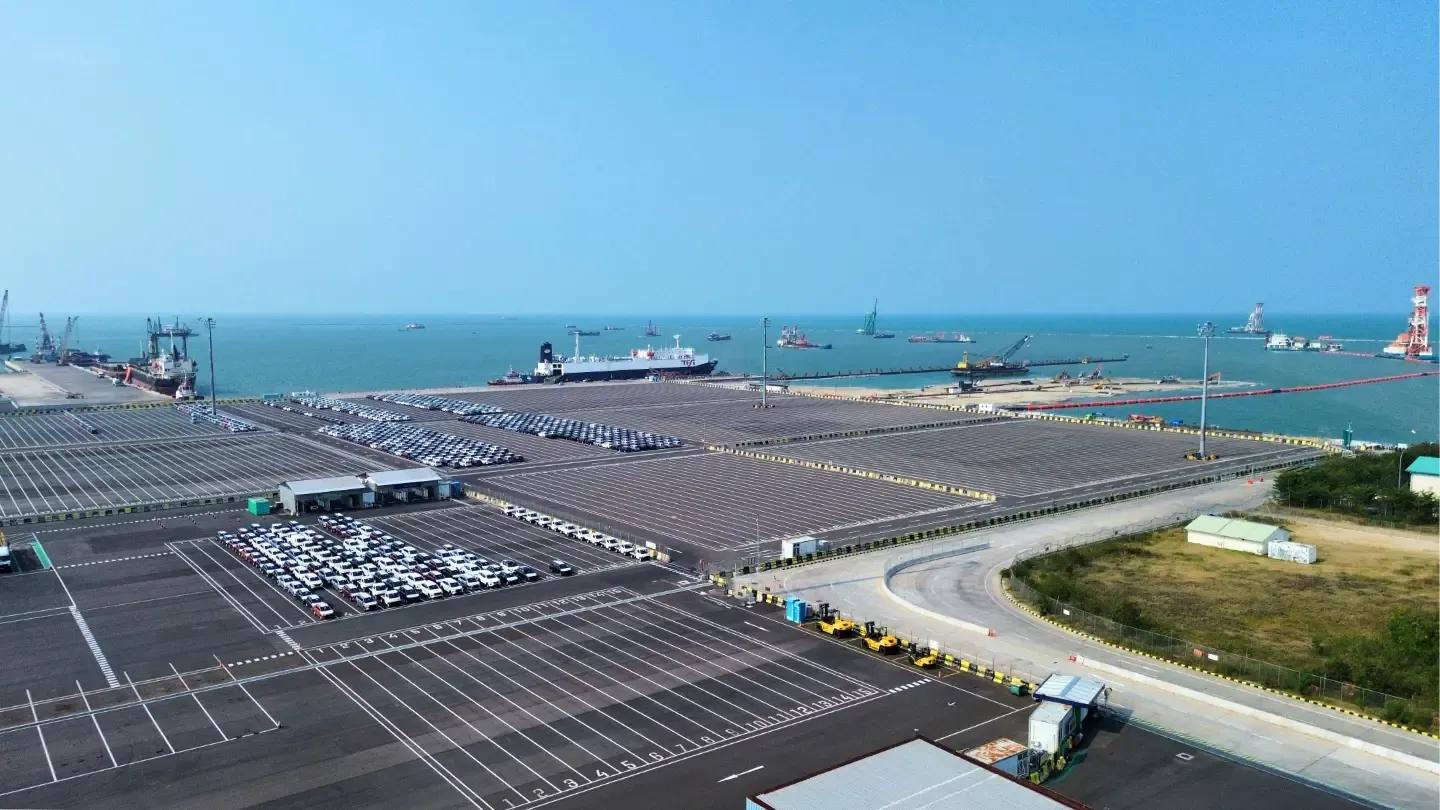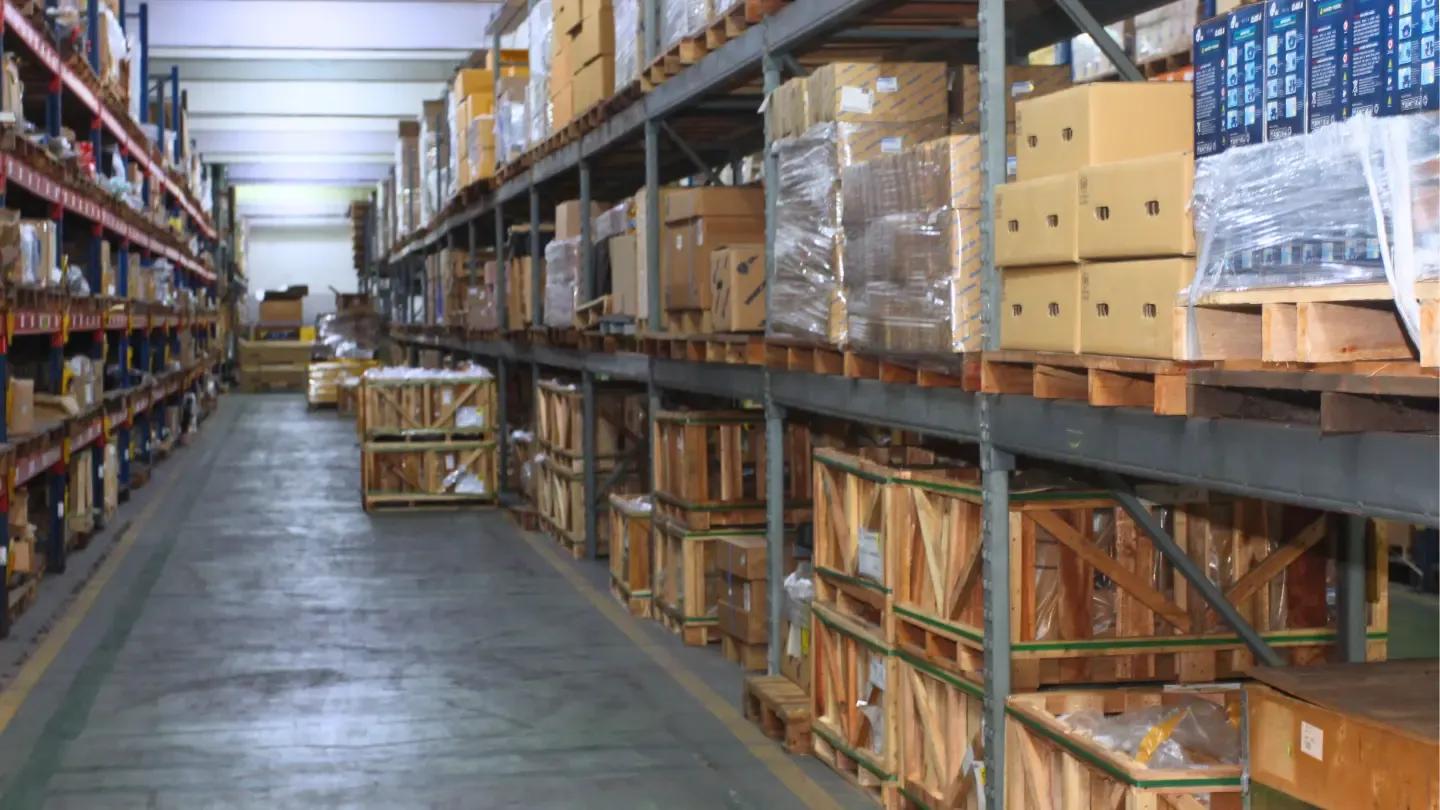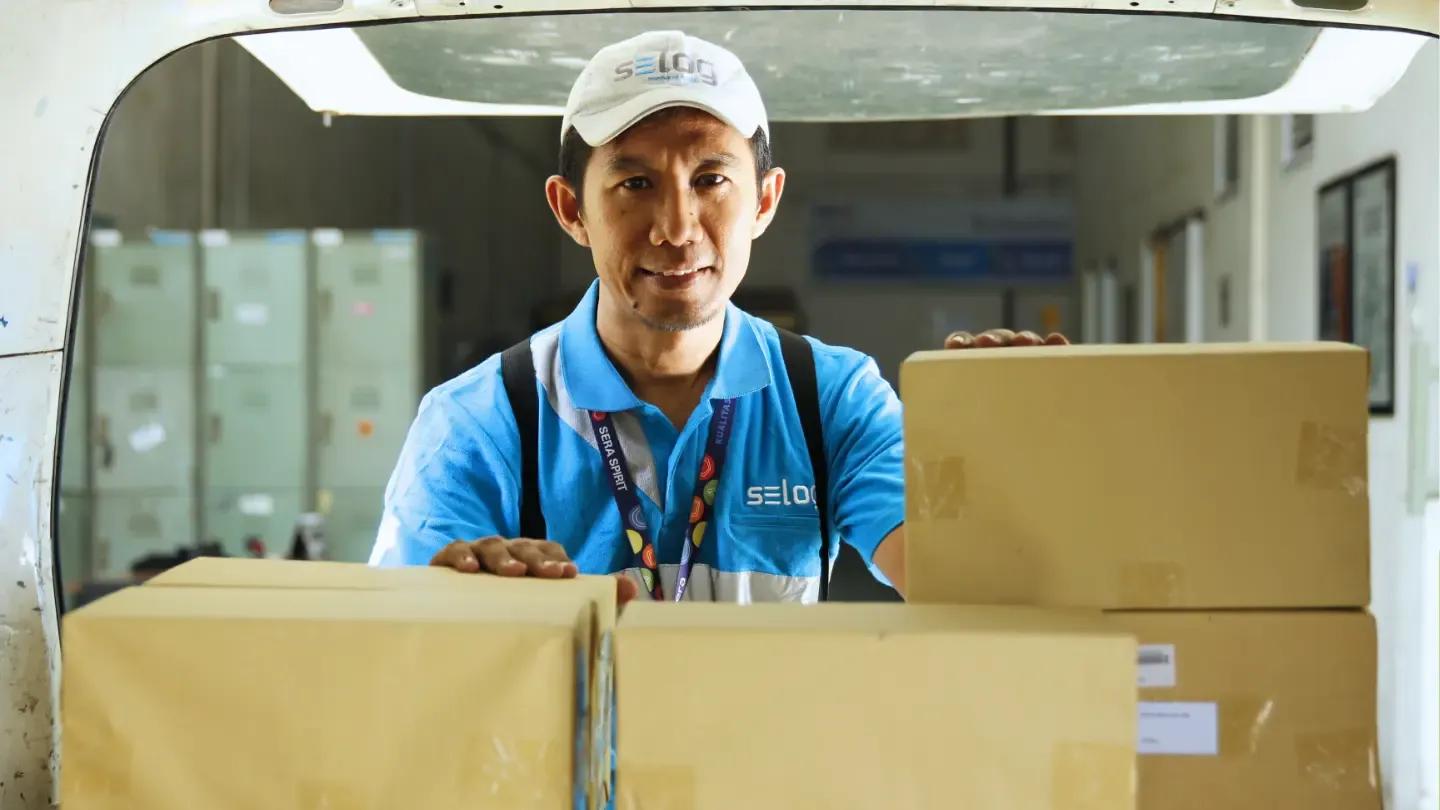
Information & Tips
7 Agustus 2025
The Role of Supply Chain Management in the Agricultural Industry
How Supply Chain Management Powers the Agricultural Sector
In the developing agricultural industry, Supply Chain Management (SCM) emerges as a crucial factor in achieving sustainable growth, optimizing resource utilization, and meeting dynamic market demands.
SCM is focused on seamless coordination, efficient resource allocation, and waste reduction. It has great potential to revolutionize the agricultural sector.
Supply Chain Management in the Agricultural Industry is the comprehensive coordination and integration of the various processes involved in the production, distribution, and delivery of agricultural products.
It encompasses all activities, from the procurement of raw materials to delivering the final product to the customers. Effective SCM ensures that every step is optimized to minimize costs, reduce waste, and maximize end-to-end efficiency.
Key Components of SCM in the Agricultural Industry
There are several key components contributing to the significance of SCM in the agricultural industry, especially the farming sector, such as:
Material Procurement: Procurement strategies for high-quality seeds, fertilizers, and other essential inputs form the foundation of a successful agricultural supply chain. The selection of reliable suppliers and the negotiation of favourable terms are key.
Production: Streamlining the production process while maintaining quality standards is crucial. Utilizing advanced technologies, such as precision farming and automation can increase yields, reduce labor costs, and minimize environmental impact.
Distribution and Logistics: Efficient transportation networks, storage, and distribution are essential to ensure agricultural products reach customers on time. Data-driven logistics solutions can optimize routes, reduce transit time, and prevent spoilage of agricultural products.
Inventory Management: Balancing inventory levels to meet fluctuations in demand becomes challenging while minimizing waste. An inventory tracking system can help maintain optimal supply.
Quality Control and Assurance: Stringent quality checks at every stage of the supply chain ensure customers receive safe, fresh, and high-quality agricultural products. This helps build trust and increases brand loyalty.
Sustainability and Environmental Responsibility: Adopting eco-friendly practices, such as sustainable farming techniques and environmentally friendly packaging, not only reduces ecological impact but also aligns with the growing preferences of increasingly environmentally conscious consumers.
Risk Management: Unexpected events, such as extreme weather conditions or market fluctuations, can disrupt supply chains. Developing robust contingency plans can mitigate these risks and ensure business continuity.
Technology Utilization for Optimal Efficiency
Incorporating advanced technology into SCM in the agricultural industry can revolutionize the sector. Some of the innovative approaches include:
Blockchain for Tracking: Blockchain technology enables transparent and tamper-proof record-keeping. This allows customers to track the journey of their purchased products from the farmland to their place.
IoT and Sensors: Internet of Things (IoT) devices and sensors collect real-time data on soil moisture, weather conditions, and crop health. This data-driven approach can optimize irrigation, increase crop yields, and reduce resource wastage.
Predictive Analytics: By analyzing historical data and market trends, predictive analytics can help forecast demand fluctuations accurately. This allows agricultural businesses to adjust production and distribution strategies accordingly.
Drones for Precision Agriculture: Drones equipped with cameras and sensors can also be used to monitor crop health, detect pests, and optimize resource allocation. This can result in higher crop yields and reduced pesticide use.
Challenges of SCM in the Agricultural Industry
Despite its various benefits, SCM in the agricultural industry also faces some challenges, including:
Seasonal Variability: Agriculture is heavily influenced by seasonality, leading to fluctuations in demand and supply chain disruptions. Adaptive planning and diversification can help overcome this.
Infrastructure Limitations: Inadequate transportation and storage facilities can hinder the efficient distribution of goods. Collaboration with local authorities to improve infrastructure is essential.
Market Access: Connecting small-scale farmers with broader markets can be a challenging task. SCM also needs to build cooperative networks and online platforms to fill this gap.
Regulatory Compliance: Adhering to strict agricultural and environmental regulations requires monitoring and compliance to be properly implemented.
Price Volatility: Fluctuations in commodity prices can affect profitability. Hedging strategies and market intelligence tools can help manage price risk.
The future of SCM in the agricultural industry offers greater integration of technology, data-driven decision-making, and sustainable practices. This will drive efficiency and growth across the agricultural supply chain.
Therefore, mastering SCM is a strategic move for agricultural businesses seeking to grow, remain sustainable, and achieve success. The efficient flow of resources from farmers to customers is not only profitable but also contributes to a more resilient and prosperous agricultural sector.
You should therefore choose a professional logistics companyknown for its full range of services and commitment to performance and reputation.
SELOG Logistics Solutions for Agricultural Industry
One logistics service provider you can partner with is SELOG, a business unit of PT Serasi Autoraya (SERA) and part of the Astra Group, with 20 years of experience in the logistics industry.
SELOG is committed to offer a comprehensive and end-to-end logistics services, from trucking, shipping, freight forwarding, warehousing, and project cargo.
Every SELOG’s services are supported by the latest digital technology, including the Astra Fleet Management Solution (AstraFMS), which is not only convenient but also effective and efficient for businesses.
With its AstraFMS, SELOG provides businesses in Indonesia with IT-based comprehensive solutions for managing fleet vehicles.
For more information about SELOG services, visit www.selog.astra.co.id or contact (021) 26605333.
Don’t forget to follow SELOG’s social media on Instagram @selog_astra and LinkedIn SELOG for more information about logistic updates.

Information & Tips
7 Agustus 2025
Electric Vehicles in Logistics: A Reality Check

Information & Tips
7 Agustus 2025
All You Need to Know About Patimban Port

Information & Tips
7 Agustus 2025
Logistics Warehouses: Types by Function

Information & Tips
7 Agustus 2025
How to Easily Calculate Cargo Load for Shipping

Information & Tips
7 Agustus 2025
From Military Use to Logistics Transport: The Story of RoRo Ships

Information & Tips
7 Agustus 2025
Sea Freight: What Makes It Challenging?

Information & Tips
7 Agustus 2025
RORO vs Ferry Ships: Understanding the Differences

Information & Tips
7 Agustus 2025
Things to Look For in a Logistics Service Provider

Information & Tips
7 Agustus 2025
Types of Agriculture: A Simple Guide

Information & Tips
2 Juli 2025
Introduction to Halal Certification for Logistics Service Providers
Make sure you have the latest SELOG and Logistics information updates
Please enter your email to get the latest news or articles from us.
